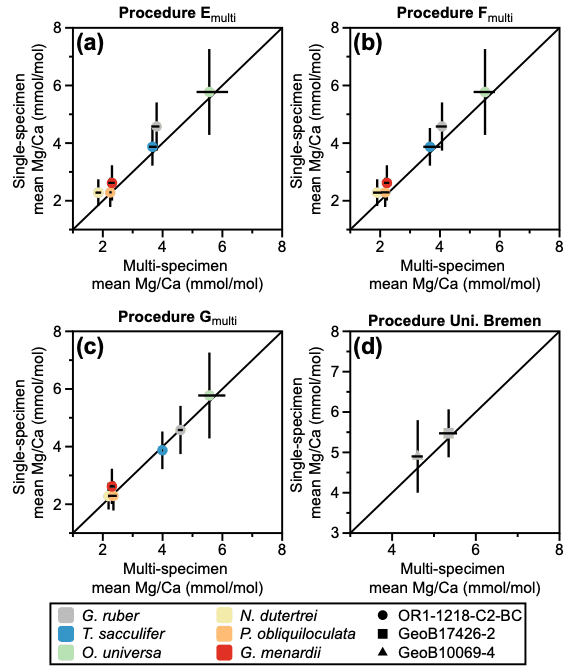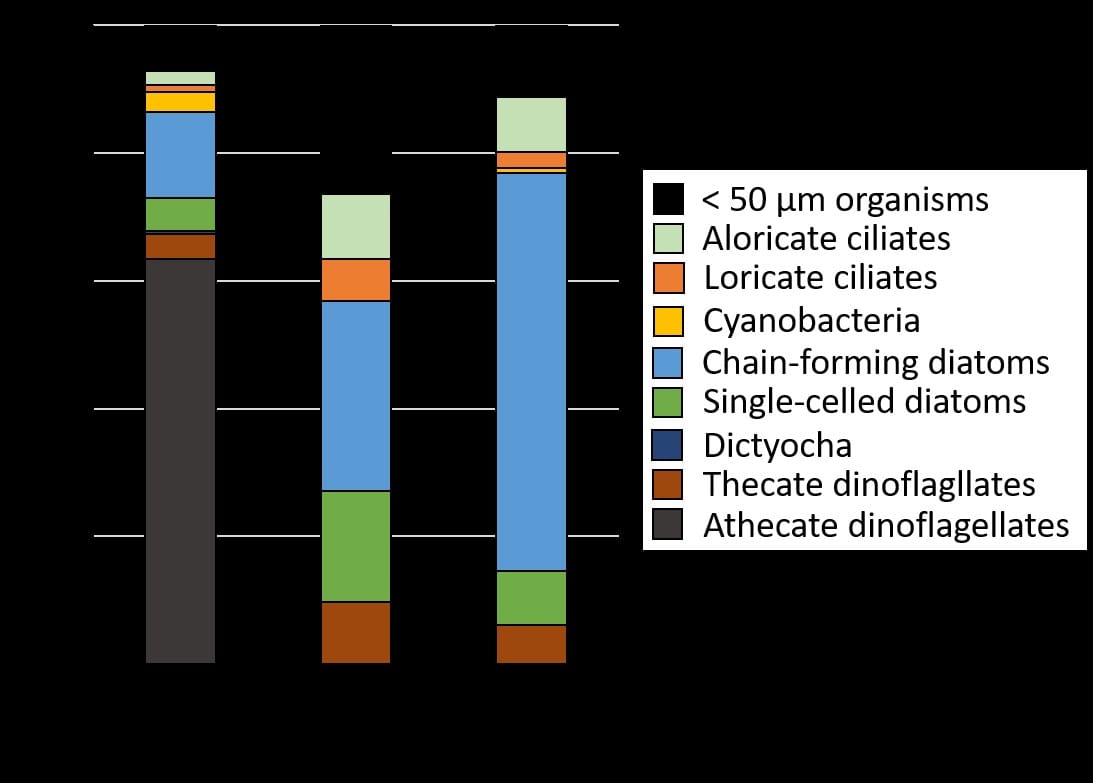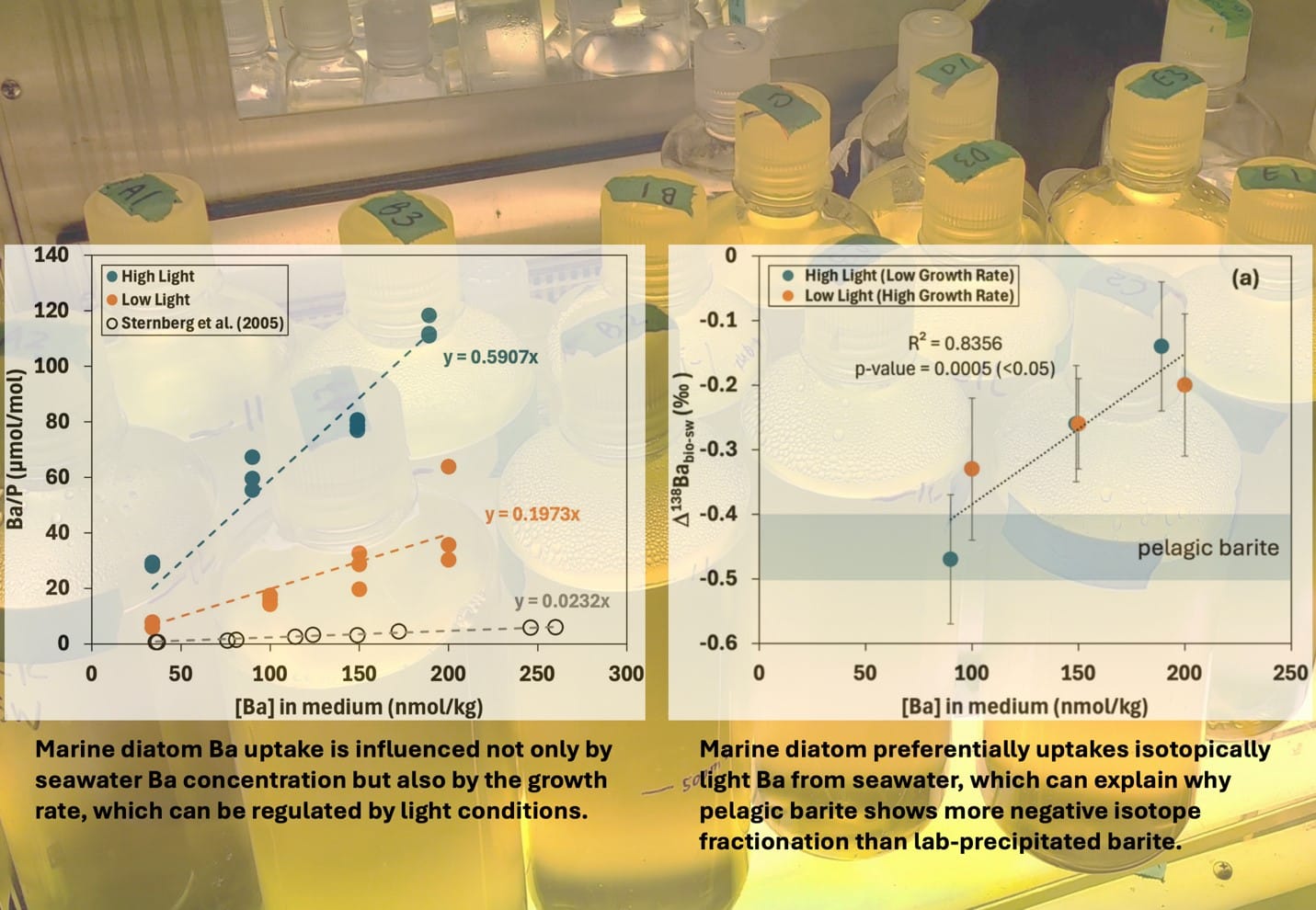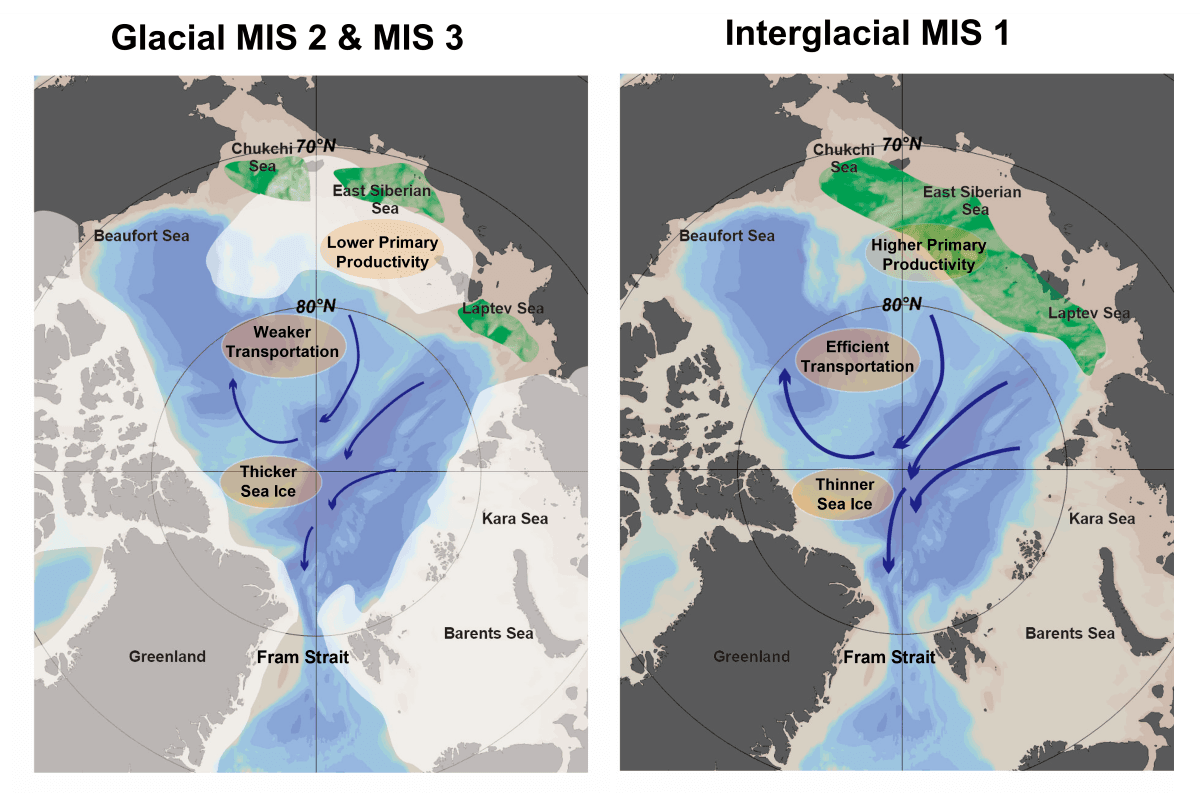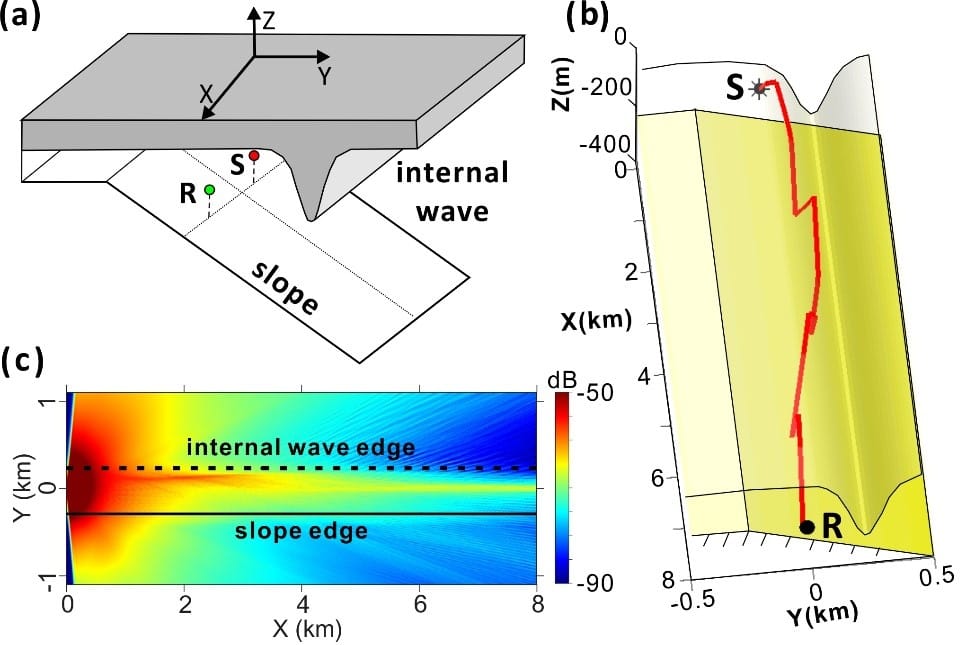講者:Dr. Sebastien Lavoue (IONTU)
題目:The swimbladder evolution of Indo-West Pacific longfin herrings (Pristigasteridae, Teleostei) with consequence on their classification and biogeography.
時間:12月8日(五) 15:30-17:00
地點:海洋所2樓大講堂
摘要:
Characters from the visceral morphology are rarely used in systematics of the teleost fishes, although they potentially contain as much phylogenetic information as other characters. Longfin herrings form a monophyletic, circumtropically distributed family of mostly marine teleost fishes, the Pristigasteridae (Clupeoidei), that includes 38 species classified into nine genera and three main lineages (the Pelloninae, Pristigasterinae, and the genus Ilisha). The external morphology and osteology of the Pristigasteridae provide only few, sometimes conflicting, informative characters which makes it difficult to reconstruct their phylogeny, but their swimbladder (a visceral gas-filled chamber that has several important functions in the Teleostei) appears to be highly specialized and variable among species. In particular, the swimbladder of most Indo-West Pacific pristigasterid species exhibits one or paired post-coelomic extensions, whereas New World species do not. The presence of these extensions conflicts with the current classification, as they are only found in subsets of different taxa. To examine this conflict, we built a phylogenetic tree of the Pristigasteridae using several molecular markers and 20 species. This tree deeply disagrees with the current classification in that it indicates the non-monophyly of several taxa. Using this tree to infer the evolution of the post-coelomic extensions, we found that their absence is the primitive condition in the Pristigasteridae. Indo-West Pacific species with post-coelomic extensions evolved later and form a monophyletic group in which species with only one extension form a monophyletic group. The consequences of our findings on the classification and biogeography of Pristigasteridae are discussed.


